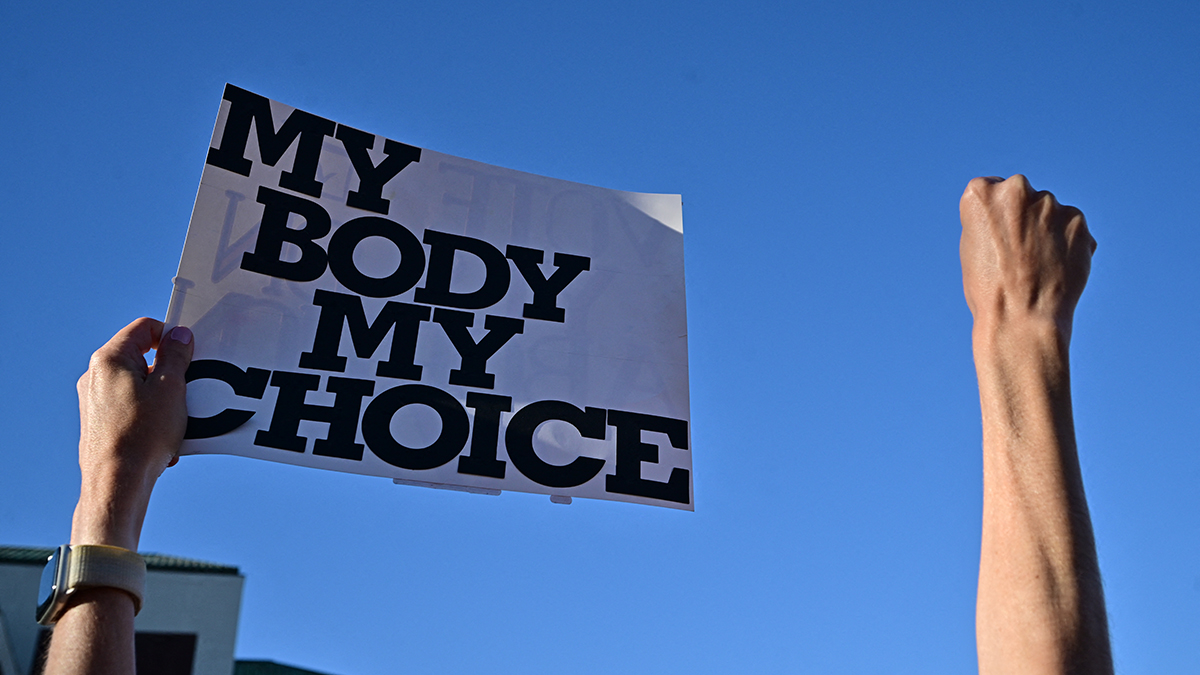Conservative lawmakers who dominate Texas politics make their political careers on promising to cut state spending and block new taxes. But when the budget slashing is done, city and county officials must pick up the pieces -- and possibly raise taxes.
State legislatures across the country are facing budget problems brought on by the economic recession. California, Illinois and Georgia face shortfalls just as bad as Texas, but they plan to raise taxes to avoid dramatic cuts. The Texas governor, lieutenant governor and House speaker -- all Republicans -- have promised to make the state live within its means without new taxes.
When the legislature released the first draft of the new budget this week, the proposed cuts were staggering. All told, if lawmakers want to avoid raising taxes, they need to cut $27 billion from what it would cost to maintain the current level of state services.
Texas lawmakers from both parties have always been fiscally conservative, explained Sherri Greenberg, interim director of the Center for Politics and Governance at the LBJ School for Public Affairs in Austin. Texas spends less per person on state services than any other state, and the Texas Constitution forbids a personal income tax.
"It's one thing to say `no new taxes,' however, that doesn't mean there won't be all kinds of fees increased," Greenberg said. "Things are just pushed down to the local level."
Cuts set off a domino effect: Historically, public schools raise property taxes when the state education agency sends smaller checks. Cities and counties have to pick up the bill when the sick go to the emergency room because fewer doctors accept Medicaid. And when the mentally ill don't receive treatment, local law enforcement often steps in.
Texans pay for these services in one of two ways. Local authorities collect property taxes, and 64 percent of the state budget comes from sales taxes. Less spending during the recession has meant reduced state revenues. The state also collects a business tax, but that has never produced as much revenue as lawmakers predicted, Greenberg said.
Politics
Politics from around the world.
The draft budget assumes no new taxes and over the next two years takes $9.8 billion away from schools and could cost 100,000 school district jobs, according to Moak, Casey & Associates, a school finance consulting firm that analyzed the budget. This at a time when Texas schools is projected to add 160,000 new students, according to census figures. The Houston Independent School District alone could lose $348 million in financing, something that could result in teacher layoffs.
"You could take to your voters a tax increase . but in this economy it's tough to even think about that," said Melinda Garrett, the chief financial officer for Houston schools. "We are 80 percent people, so you can't cut the budget without cutting people."
Some schools are already charging the maximum rate allowed without voter approval, but the Houston school board can still raise taxes 3 cents per $100 of real estate without a referendum. That is one option Garrett will present to the board -- along with proposed cuts -- once the state budget is finalized and becomes law in May.
Hospitals and doctors will likely absorb the $2.8 billion the state plans to cut from Medicaid programs. The state is considering reducing what it pays doctors and hospitals to treat Medicaid patients by 10 percent. Based on past cuts in Medicaid fees, the result will be fewer doctors accepting Medicaid patients and more people relying on emergency rooms when they fall ill. Hospitals cannot turn away emergency patients.
Parkland Health and Hospital System is one of the largest public hospitals in Texas, treating more than 93,000 low-income patients who depend on the program each year. Ron Anderson, the CEO, said state cuts in health care merely shift the costs to counties and hospital districts, which rely on local property taxes. Parkland relies on medical school faculty and students to provide services, so cuts to the higher education budget will compound the cuts to the health budget, costing millions in local taxes.
"Sometimes you think you're saving money with one budget, but your actually transferring the costs to somebody else and the costs might actually be higher," Anderson said. "The taxpayers who pay these bills are actually the same taxpayers."
Texas ranks 49th in the nation in per capita spending on mental health programs, and the draft budget would cut spending by 40 percent. When mentally ill people can't get the help they need, they often end up in jail or worse, said Harris County Sheriff Adrian Garcia.
"Officers and the mentally ill will be having confrontations that will result in arrests, tazings and, regretfully, even shootings," Garcia said. "That should not be the way that families or individuals resolve their mental health issues, but that's generally how it works because there is a lack of service."
Garcia and other sheriffs across the state have repeatedly asked the legislature to increase spending on mental health programs to divert people away from jail and into treatment programs. About 25 percent of the inmates in the Harris County Jail already require psychological treatment and psychotropic drugs, costing the county $27 million a year. Many more would qualify for other treatments, he said. Now the Texas Sheriff's Association just wants the state to maintain the current funding.
"We have been working hard to control spending in the sheriff's office, but when these folks come into my custody, I have no option, I am constitutionally obligated to provide them with the care they need," Garcia said. And funding for that treatment comes from county property taxes, he said.
The draft budget introduced on Wednesday is only a start to the budget process, and the final budget will look much different. But as debate begins, local authorities will be visiting state lawmakers to try to protect their piece of the budget.



